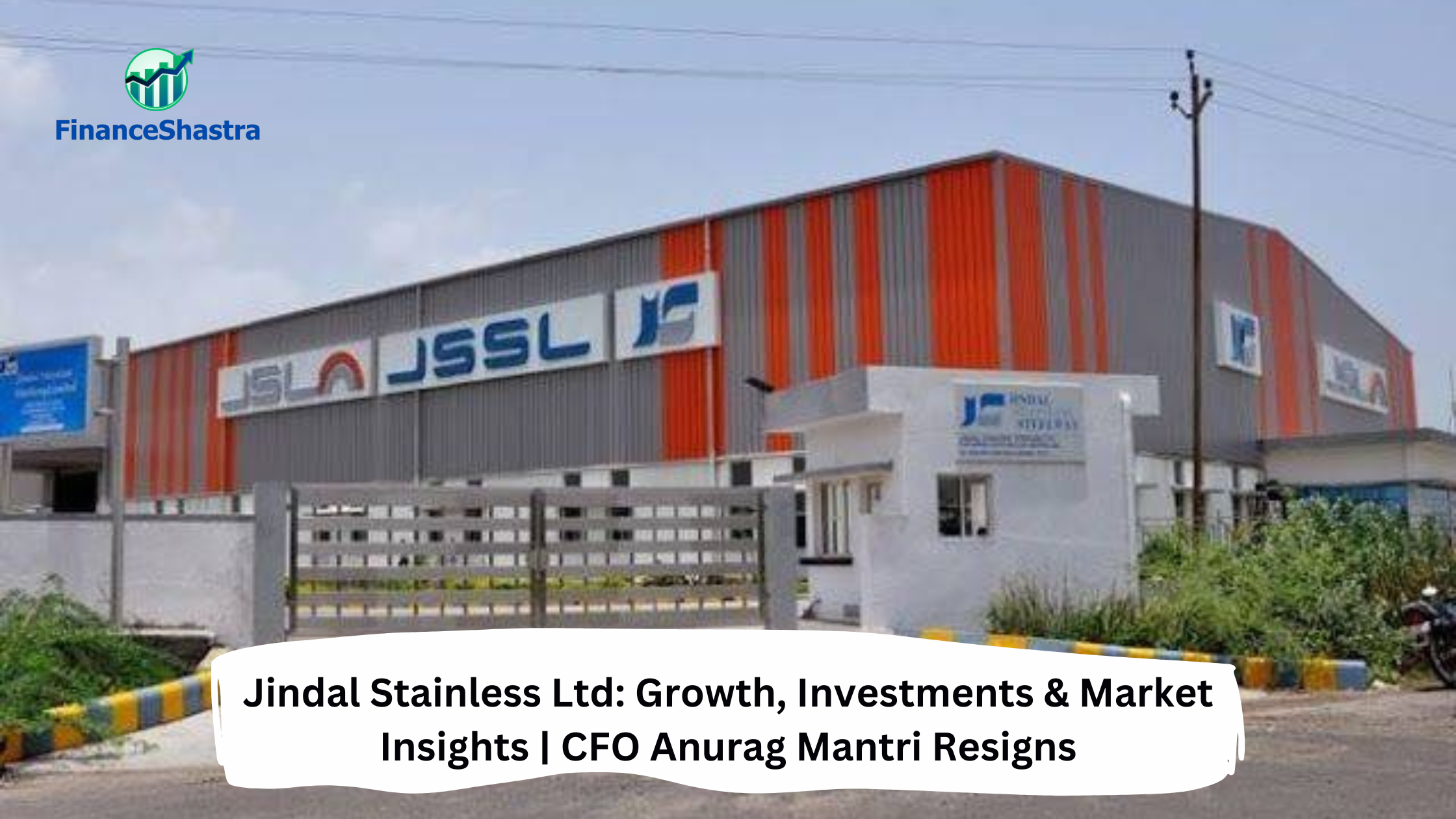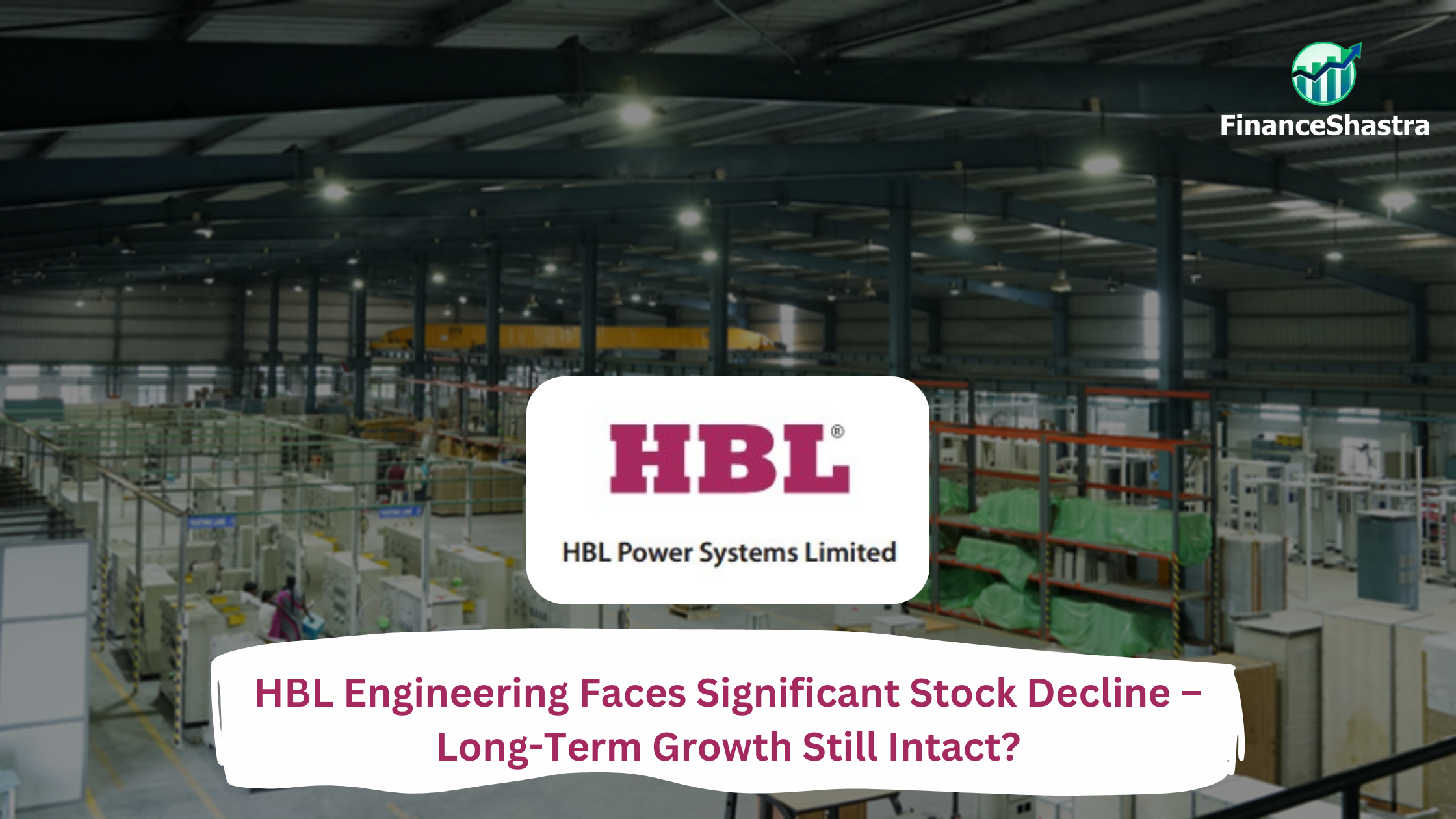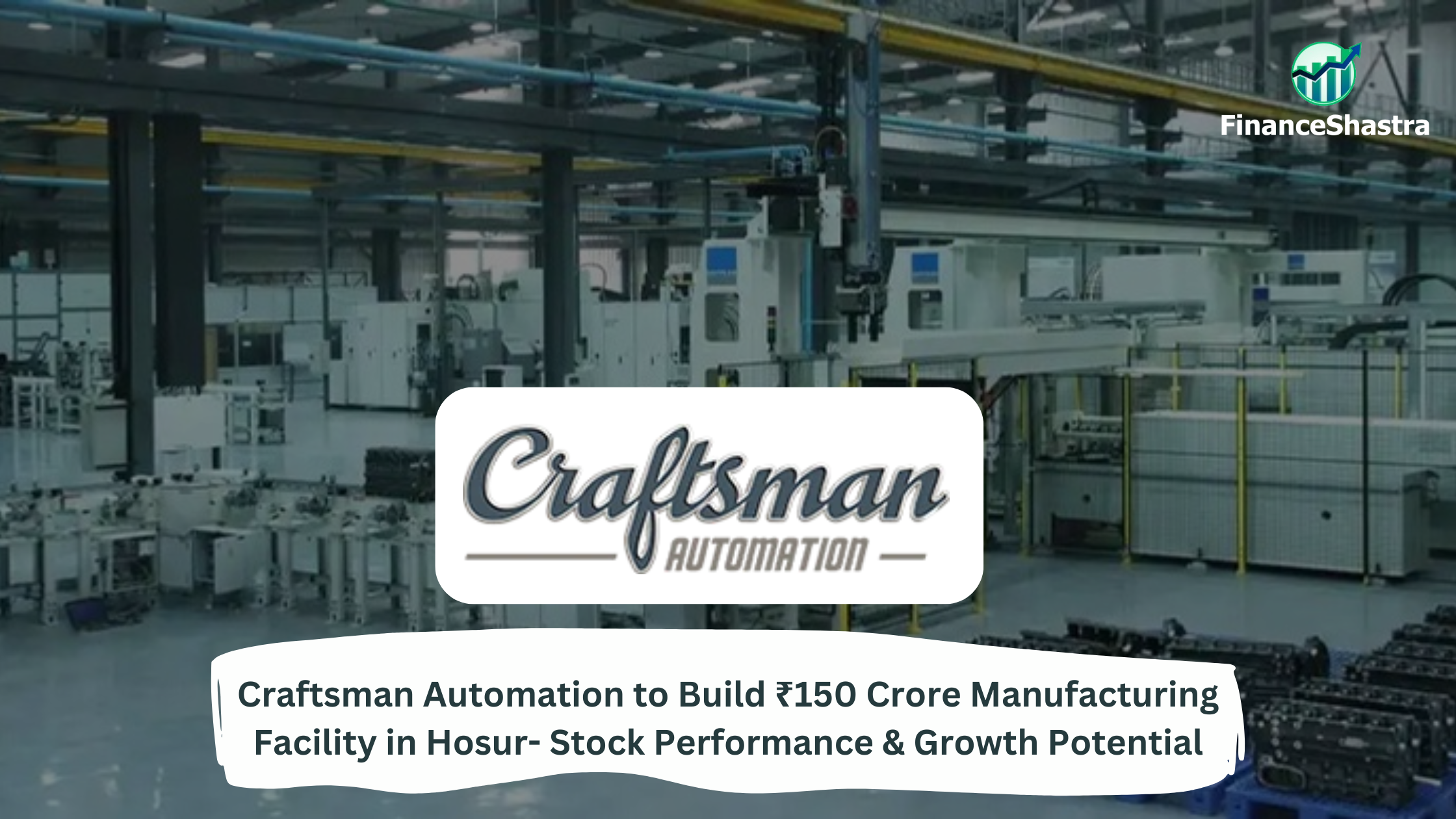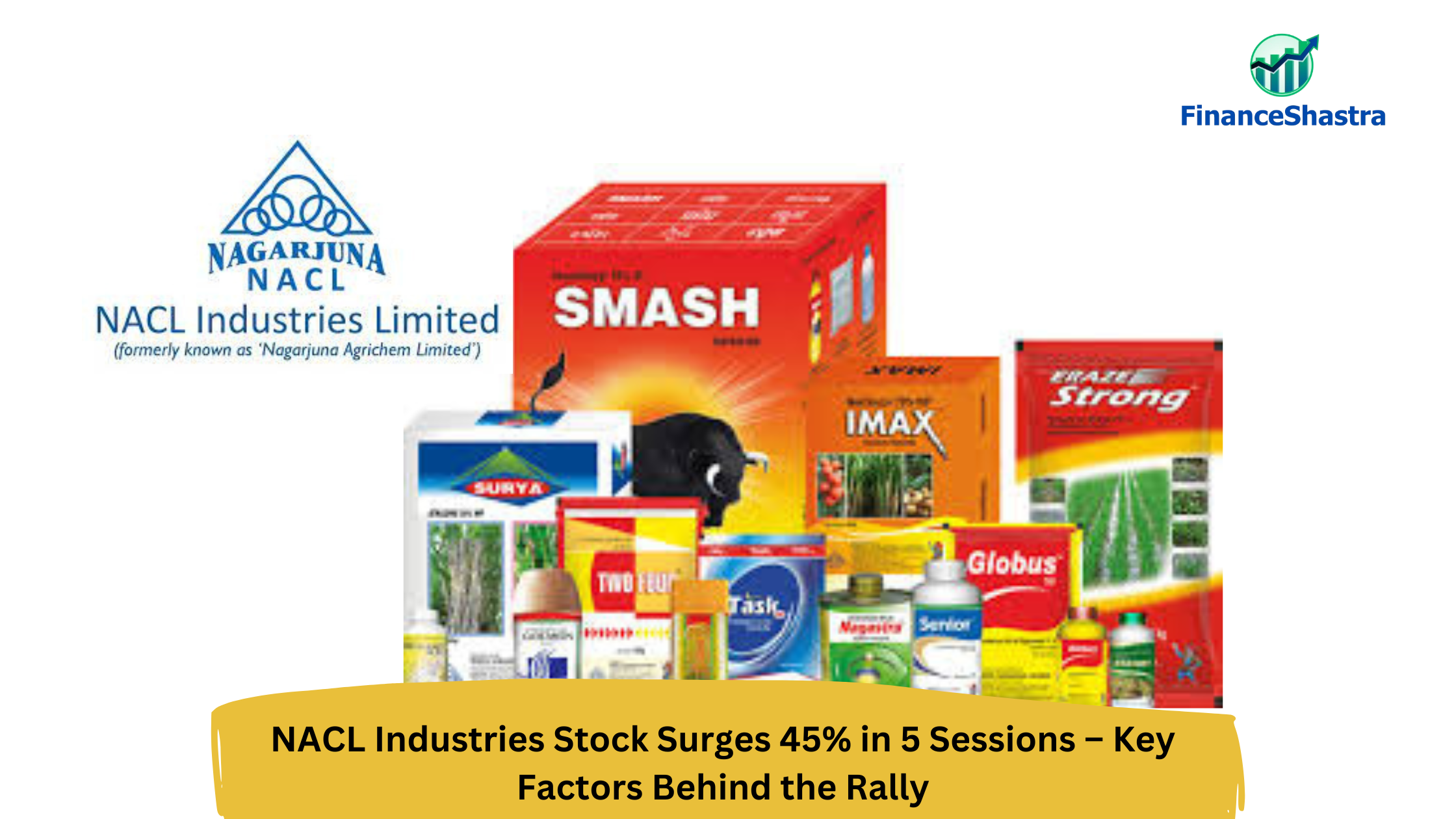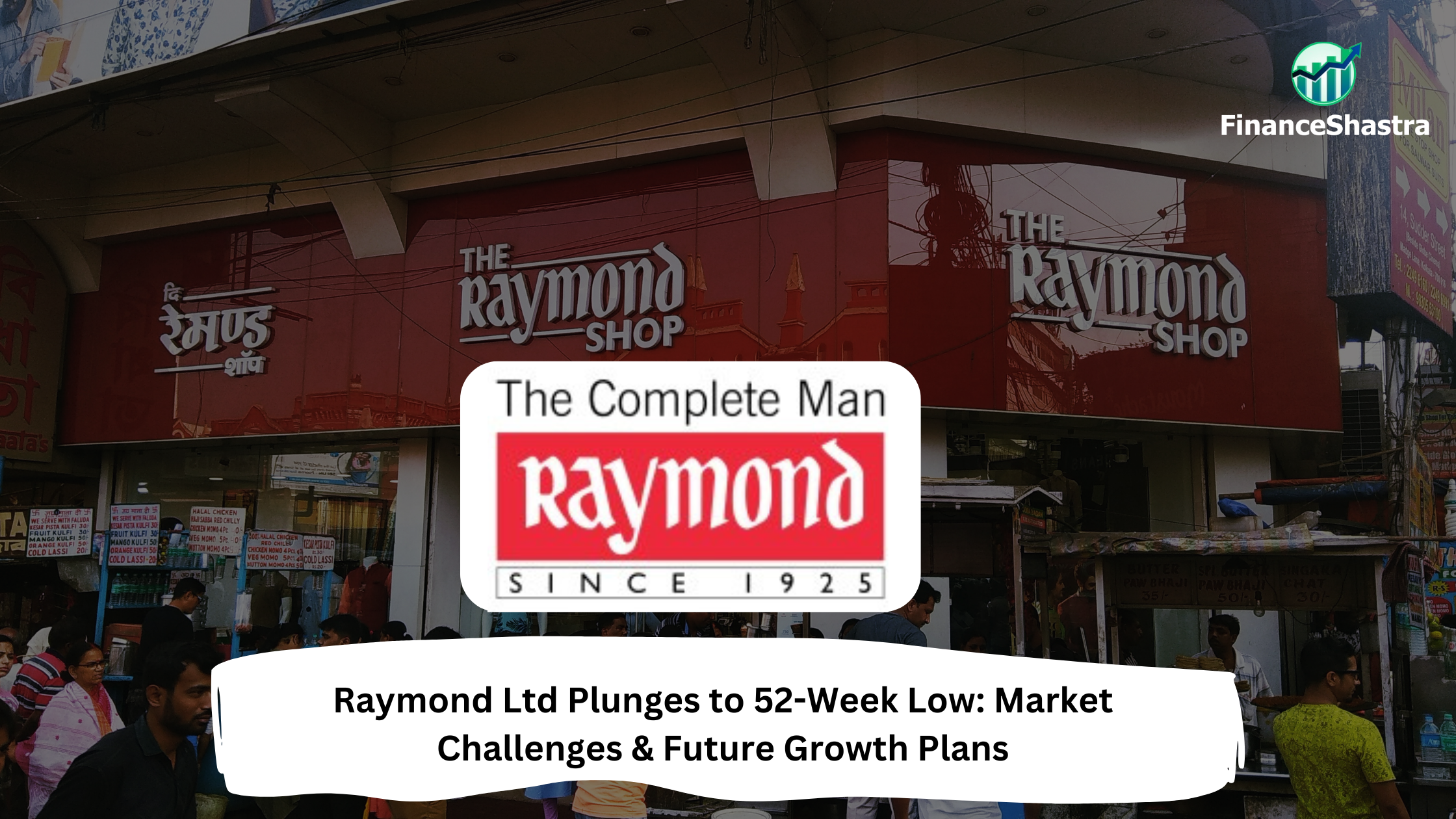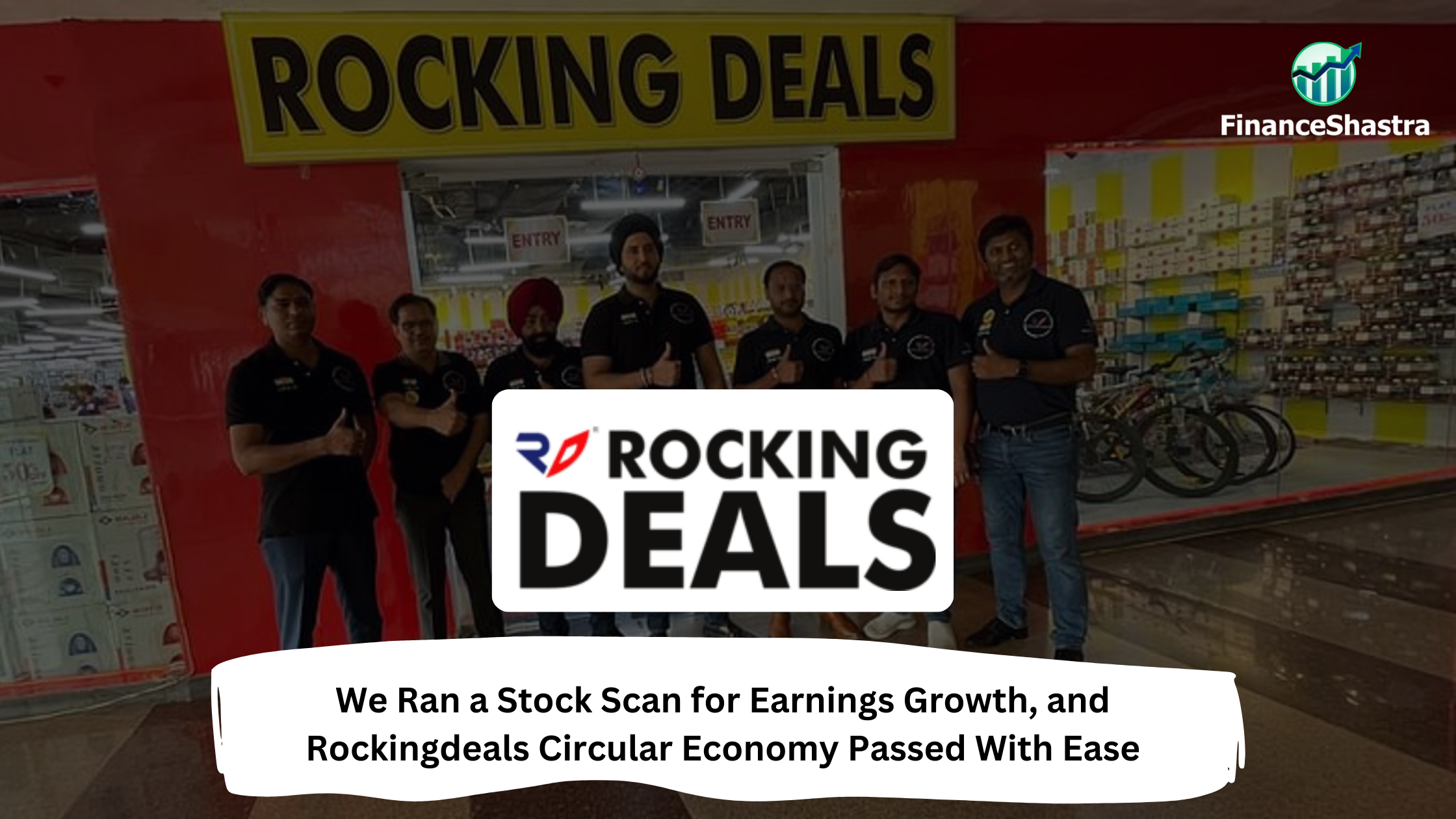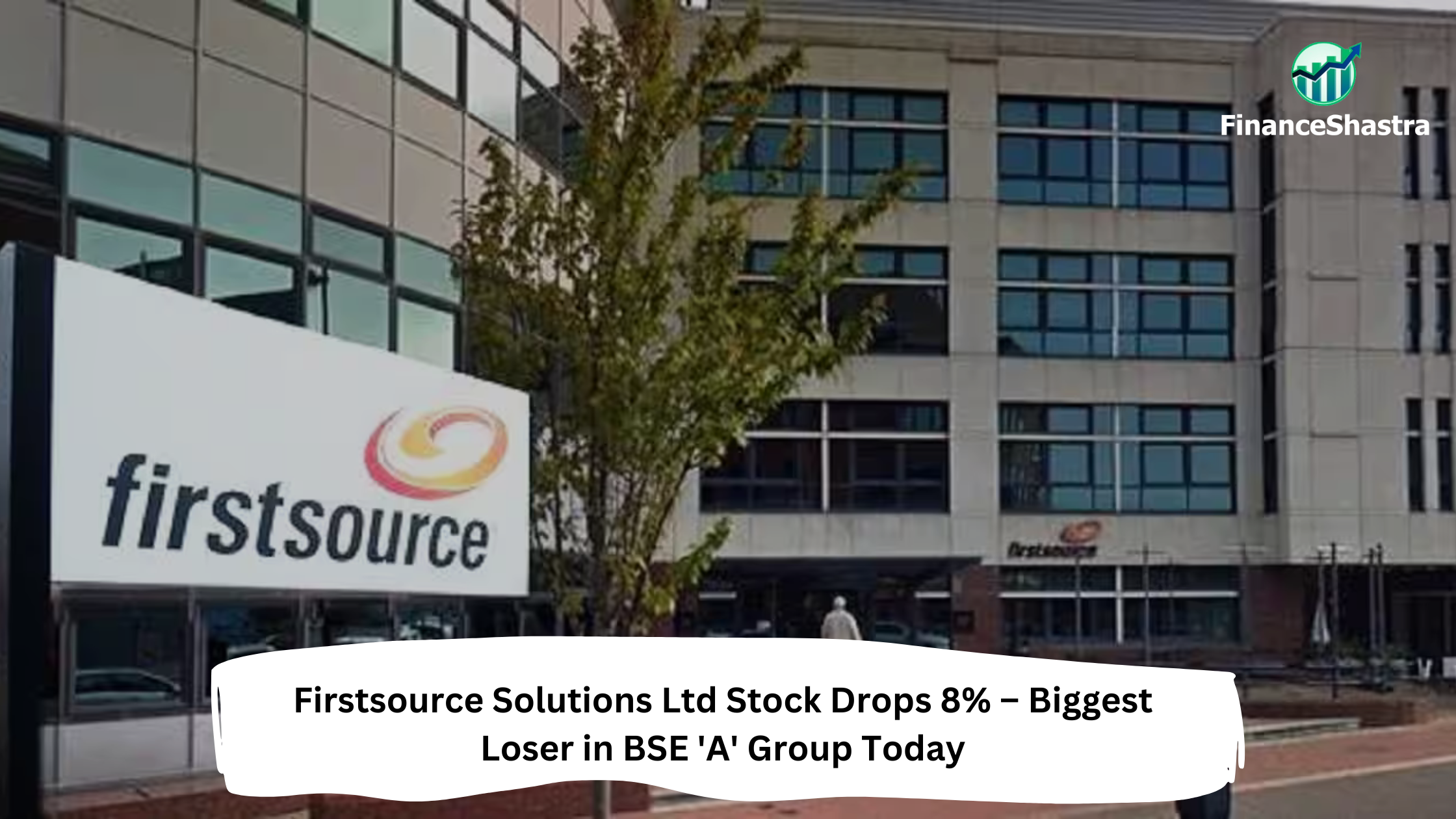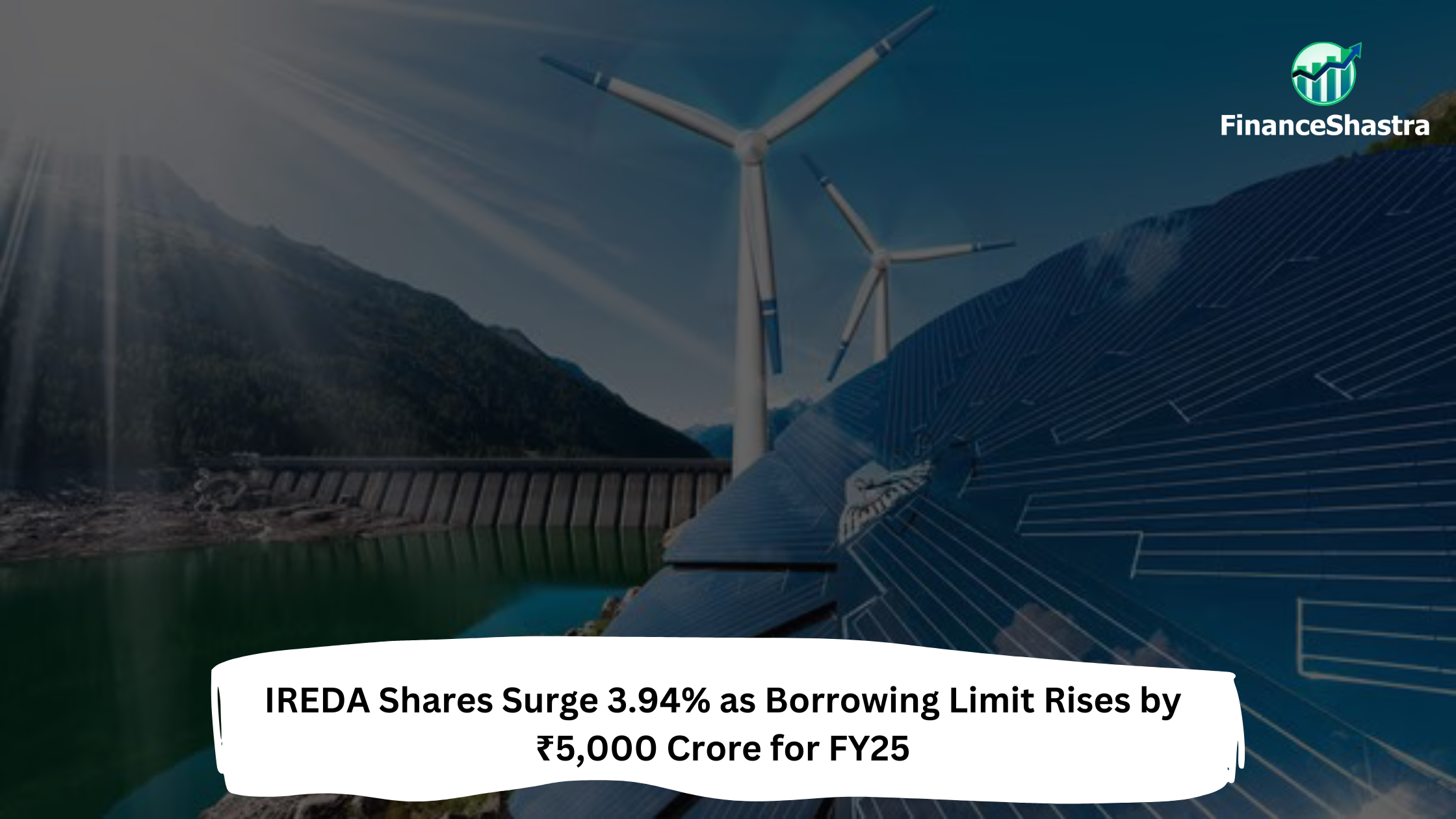Jindal Stainless Ltd: Growth, Investments & Market Insights | CFO Anurag Mantri Resigns
Business and Industry Overview:
Jindal Stainless Limited is India’s largest stainless steel company and one of the top five in the world. Founded in 1970 by O.P. Jindal, it is part of the O.P. Jindal Group and produces various stainless steel products, including coils, slabs, plates, strips, and razor blades. These products are used in trains, buildings, cars, and home appliances.
Jindal Stainless has two big factories in India. One is in Hisar, Haryana, and the other is in Jajpur, Odisha. The Jajpur factory is the bigger one. It can produce 2.1 million tonnes of stainless steel every year. The Hisar factory produces 0.8 million tonnes. It is also India’s biggest maker of coin blanks. The company also has a factory in Indonesia. It sells stainless steel to more than 50 countries. It has 14 offices around the world to manage its business.
Jindal Stainless is working to reduce pollution and protect the environment. The company wants to become carbon-neutral by 2050. This means it will stop adding carbon pollution to the air. In 2022, it reduced 1.4 lakh tonnes of carbon emissions. It is also using clean energy. The company has teamed up with ReNew Power to build a 300 MW wind and solar power plant at its Jajpur factory. This will help it use less coal and more green energy.
Stainless steel demand is growing fast. More industries need it for railways, buildings, and electric cars. Jindal Stainless is increasing production to meet this demand. It is also using better technology to improve quality. The company is helping India grow and expanding its business in other countries.
The stainless steel industry is growing fast. Steel is needed for buildings, bridges, railways, cars, and home appliances. India is the second-largest steel producer in the world. Steel demand is increasing every year. In FY23, India used 119.17 million tonnes (MT) of finished steel. In FY24, this increased to 138.5 MT. Experts say demand will grow by 9-10% in FY25. India is also making more steel. In FY24, it produced 143.6 MT of crude steel and 138.5 MT of finished steel.
The Indian government is helping the steel industry. In the Union Budget 2023-24, the government gave Rs. 70.15 crore ($8.6 million) to the Ministry of Steel. The Production-Linked Incentive (PLI) scheme is helping companies invest in better quality steel. Companies will invest $1.2 billion (Rs. 10,000 crore) in FY25 and $1.9 billion (Rs. 16,000 crore) by FY24-end. Many steel companies are joining with other companies. This helps global steel companies enter India.
India has cheap labor and a lot of iron ore. This makes steel cheaper to produce. India has the fifth-largest iron ore reserves in the world. In FY25 (April-October), India made 84.94 MT of crude steel. In April-September 2024, India exported 2.32 MT of finished steel and imported 4.70 MT. In FY23, every person in India used 86.7 kg of steel. By 2030-31, this will increase to 160 kg.
The future of Indian steel is bright. By 2030-31, India will make more than 300 MT of steel every year. Demand will keep rising. Steel is needed for roads, railways, airports, and electric vehicles. The industry is also working to reduce pollution and use clean energy. With government support, more demand, and big investments, India will become a global leader in steel production soon.
Jindal Stainless is the largest stainless steel producer in India and one of the biggest in the world. The company makes stainless steel that is used in many products, like cars, buildings, and kitchenware. It has big factories in India, one in Hisar (Haryana) and another in Jajpur (Odisha), where it makes a lot of steel every year. Jindal Stainless also has a factory in Indonesia and sells its products to over 50 countries. The company is strong because it has large factories, uses cheap energy to keep costs low, and makes many types of stainless steel products. It is also working on being more eco-friendly and reducing pollution, with plans to become a zero-emission company by 2050. With its wide range of products, cost savings, and global reach, Jindal Stainless is set to keep growing in the future.
Latest Stock News:
Jindal Stainless Ltd (JSL) announced that Anurag Mantri, who is the Executive Director and Group CFO, has decided to resign. He will stop working at the company after business hours on April 4, 2025. Mantri is leaving to explore new job opportunities, but the company hasn’t shared any details about his next job. As Executive Director and Group CFO, Mantri oversaw the company’s finances and helping manage its overall business. Jindal Stainless, which is the largest stainless steel manufacturer in India, made this announcement through an official filing to inform its investors and other stakeholders. The company has not yet mentioned who will take over his role when he leaves.
Potentials:
Jindal Stainless Ltd (JSL), the largest maker of stainless steel in India, has shared a big plan to invest ₹5,400 crore to grow its business. They want to increase how much stainless steel they can make to 4.2 million tonnes per year by 2027. This will help Jindal Stainless become a top company in the global stainless steel market.
A big part of this plan is a project in Indonesia. Jindal Stainless will work with a partner there to build a new factory that will make stainless steel. This new factory will help increase their production by 40%, which means they can make more steel and sell it to more customers in different countries.
Jindal Stainless is also putting money into its plant in Odisha, India. This investment will help them make different types of stainless steel, such as coils and plates. These are products used in many industries, like cars, buildings, and kitchens.
The company is also buying 54% of Chromeni Steels, which has a factory in Gujarat. By doing this, Jindal Stainless will be able to make more products and grow its business in India.
On top of this, Jindal Stainless wants to become more eco-friendly. They are working with ReNew Power to build a renewable energy project in Odisha. This project will give the company clean power to run its factory, and it will help them reduce pollution. Jindal Stainless aims to stop producing carbon emissions by 2050.
With these plans, Jindal Stainless is working to grow its business, improve its factories, and become better for the environment. These changes will help Jindal Stainless lead the stainless steel industry, both in India and around the world, in the future.
Analyst Insights:
- Market capitalisation: ₹ 51,543 Cr.
- Current Price: ₹ 626
- 52-Week High/Low: ₹ 848 / 568
- Stock P/E: 21.4
- Dividend Yield: 0.48%
- Return on Capital Employed (ROCE): 22.2%
- Return on Equity: 19.9%
Jindal Stainless Ltd is a good company to invest in because it has shown strong growth. In the last 5 years, its profit has grown by 79% each year. The company is also good at making money. It has a return on equity (ROE) of 25.5%, meaning it is earning well from its shareholders’ money. Its return on capital employed (ROCE) is 22.2%, which shows the company is using its resources effectively.
The company has improved how it runs its business. For example, it now gets paid faster than before. Its debtor days have dropped from 35.8 to 26.8 days. This helps the company have more cash in hand.
In 2023, Jindal Stainless made ₹9,765 Cr in sales and ₹716 Cr in profit. Even though its profit growth slowed by 5.35% in the last quarter, it is still making strong profits. The company’s P/E ratio is 21.4, which is lower than other steel companies like JSW Steel (74) and Tata Steel (69). This means Jindal Stainless might be a good deal right now.
The company’s market value is ₹51,543 Cr, and it gives a steady dividend of 0.48%. It makes stainless steel used in many industries like building, cars, and household products. Even though the stock price has dropped 10% in the last year, Jindal Stainless still looks like a good investment.

